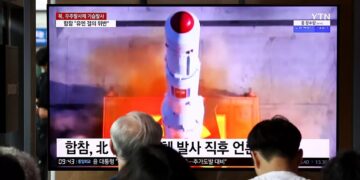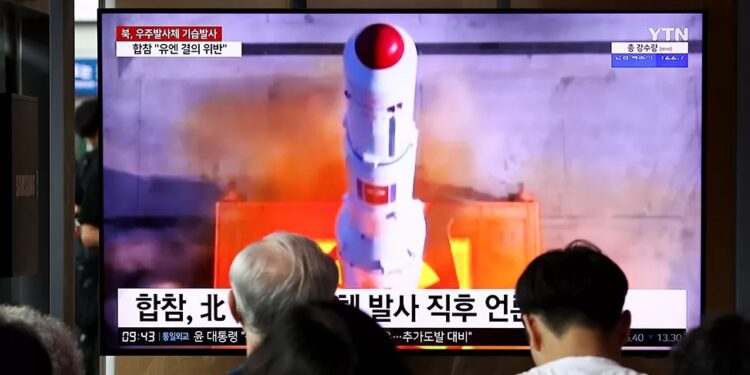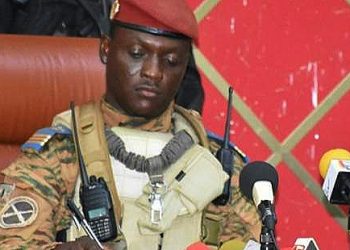By John Ikani
North Korea’s bid for a second spy satellite launch into space has ended in failure.
The unsuccessful attempt comes three months after their initial launch ended in a sea crash.
According to state media, the latest launch suffered failure during its third flight stage.
For North Korean leader Kim Jong Un, securing a spy satellite holds immense value, as it would empower him to monitor potential incoming assaults and enhance the precision of his own strategies.
The space agency in Pyongyang has revealed plans to make another launch attempt in October.
Around 03:50 local time (18:50 GMT), South Korea detected the rocket’s launch, noting its passage through international airspace over the Yellow Sea between mainland China and the Korean peninsula.
The launch triggered an immediate emergency alert in Japan’s southernmost Okinawa prefecture, prompting residents to seek shelter indoors. The warning was rescinded approximately 20 minutes later.
Japan’s Prime Minister Fumio Kishida criticized the launch, stating, “Behavior of this nature contradicts UN resolutions, and we are already strongly protesting.”
The United States urged North Korea to abstain from “further threatening activity” and called on Pyongyang to engage in sincere diplomatic discussions.
While Thursday’s setback may have been disheartening for Pyongyang, there are signs of advancement.
A report from state-run KCNA attributed the failure to “an error in the emergency blasting system during the third-stage flight” and downplayed the issue’s significance.
Notably, the rocket transporting the satellite covered a greater distance compared to the earlier endeavour. Back in May, authorities in Pyongyang characterized the flawed attempt as their “most serious failure” while affirming their commitment to retry.
It is likely that Mr. Kim will persist until he achieves success. He is already pushing forward with his weapons agenda, simultaneously declining all overtures for dialogue with the US.
These developments follow a recent historic summit in Washington, where leaders from the US, Japan, and South Korea convened.
In addition, they coincide with the commencement of annual joint military exercises between Washington and Seoul.



































